Americans are taught FDR was the hero of the Great Depression. For one historian, that’s erasure
Share
Explore Our Galleries
Breaking News!
Today's news and culture by Black and other reporters in the Black and mainstream media.
Ways to Support ABHM?
By Lauren Aratani, The Guardian

Historian Dana Frank treasures a photo from a 1937 edition of Life magazine. It shows a group of seven African American women, clustered close, sitting on chairs in a small space. Each wears a fashionable hat and is bundled in a coat appropriate for the late Chicago winter. At first glance, the photo appears to be a gathering of friends. All are smiling, and some appear to be laughing, as they talk with each other.
The women were actually on strike, occupying the city hall office of the president of the Chicago board of health. As wet nurses for a local hospital, they were paid $0.04 for each ounce of breast milk they produced. The women all knew that the white wet nurses at another hospital were getting paid $0.10 per ounce. “They shouldn’t make any difference between us,” Louise Clark, a wet nurse on strike, told reporters at the time.
When Frank came across the photo more than 60 years after it was taken, she put it up on her wall, where it has remained ever since. “Their picture was all over the world,” Frank said. “It’s this amazing story of militant empowerment, and also about what a labor movement is like.”
The strike was over in about two weeks, with one newspaper reporting that the women “settled” for $0.04 – the same amount they were protesting against. But Frank doesn’t see the end of their strike as a lost fight, as she writes in her new book, What Can We Learn From the Great Depression: Stories of Ordinary People & Collective Action in Hard Times.
[…]
“Labor history doesn’t move forward in a single line of progression in which a single group of workers wins, hangs on to those gains and then other workers struggle and win for themselves,” Frank writes. “Rather, workers challenge employers, draw in allies and make demands that they may or may not win immediately or be able to guarantee for the future.”
Learn more about the messy type of history that shouldn’t be ignored.
Black history is still being uncovered after being forgotten or hidden.
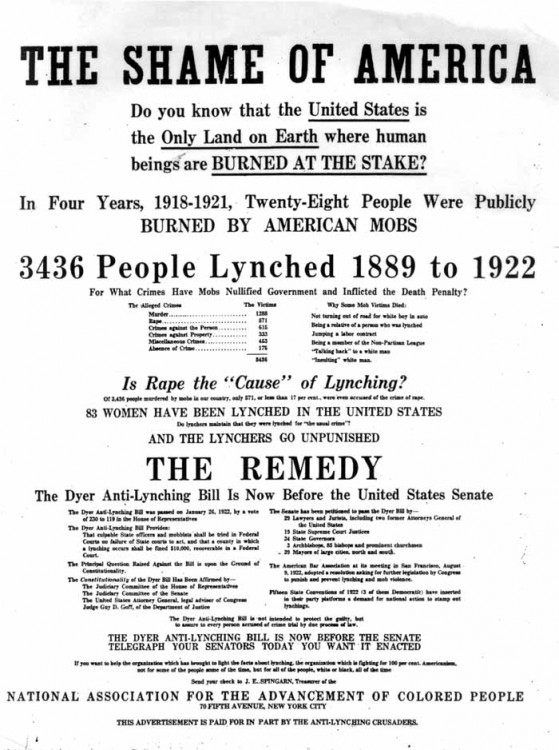
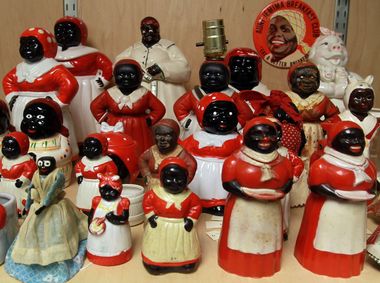
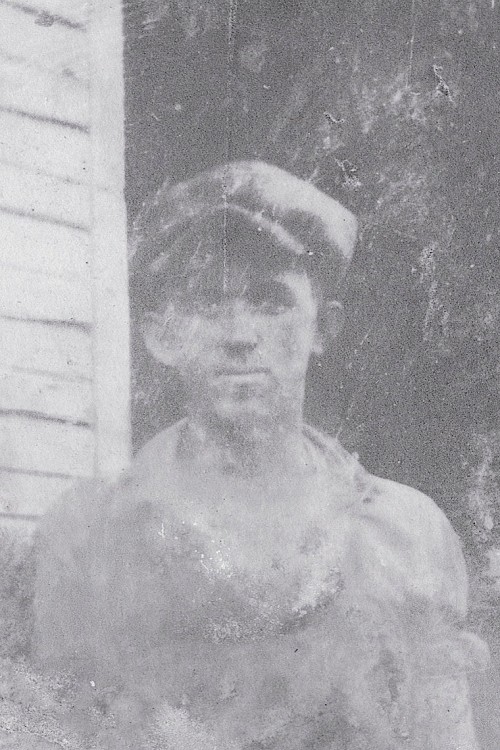
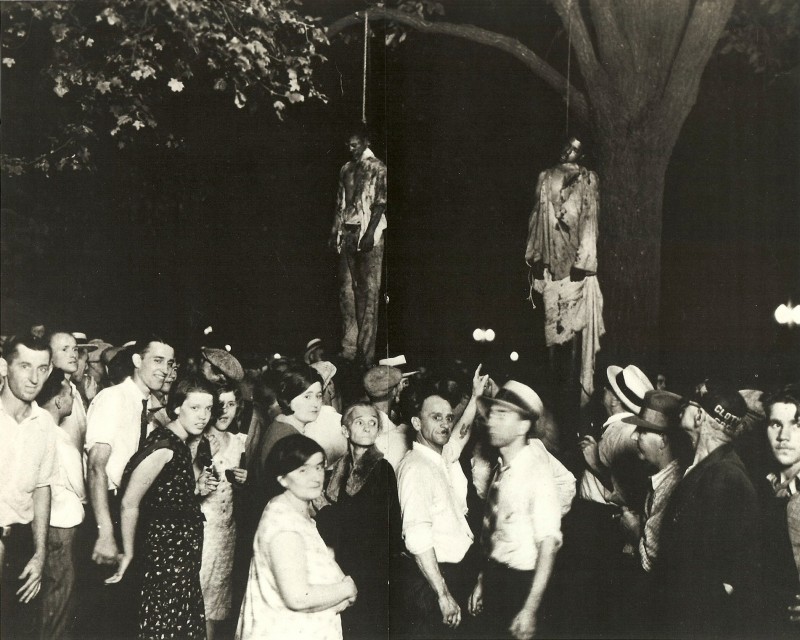
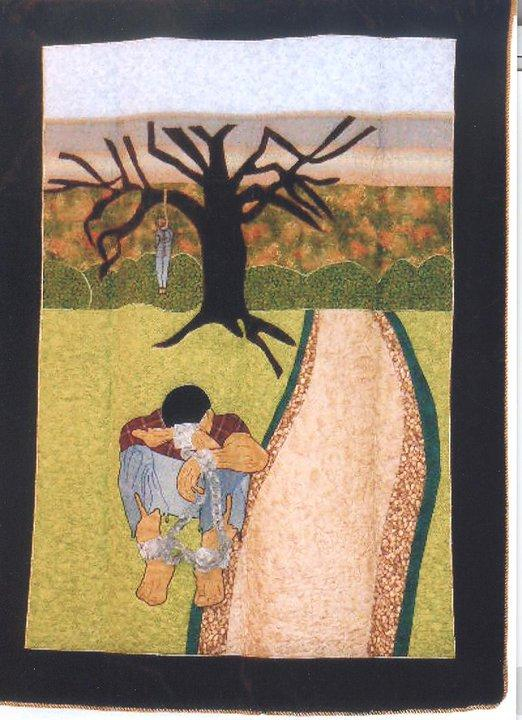

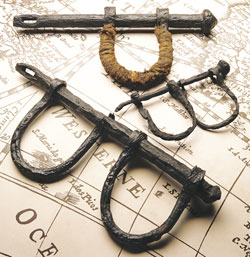


Comments Are Welcome
Note: We moderate submissions in order to create a space for meaningful dialogue, a space where museum visitors – adults and youth –– can exchange informed, thoughtful, and relevant comments that add value to our exhibits.
Racial slurs, personal attacks, obscenity, profanity, and SHOUTING do not meet the above standard. Such comments are posted in the exhibit Hateful Speech. Commercial promotions, impersonations, and incoherent comments likewise fail to meet our goals, so will not be posted. Submissions longer than 120 words will be shortened.
See our full Comments Policy here.